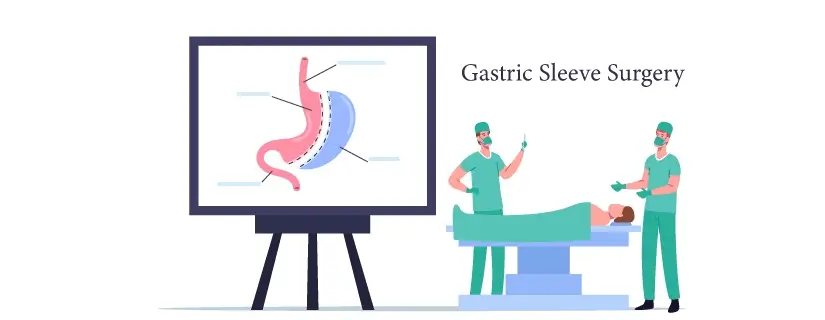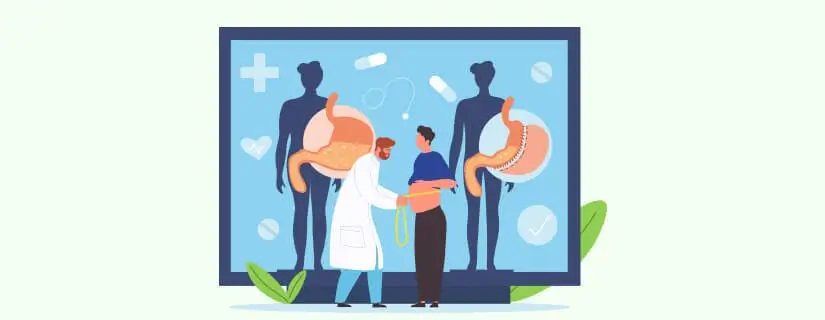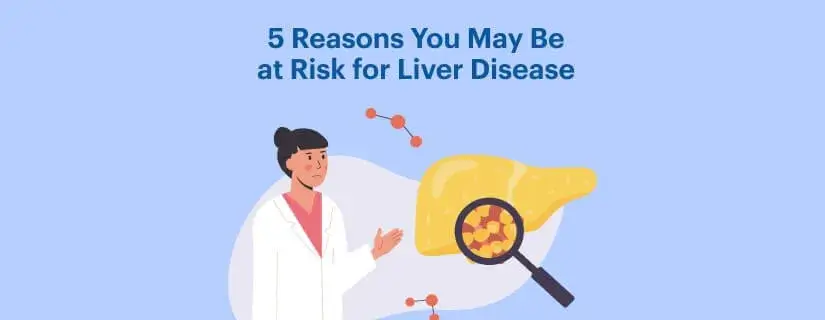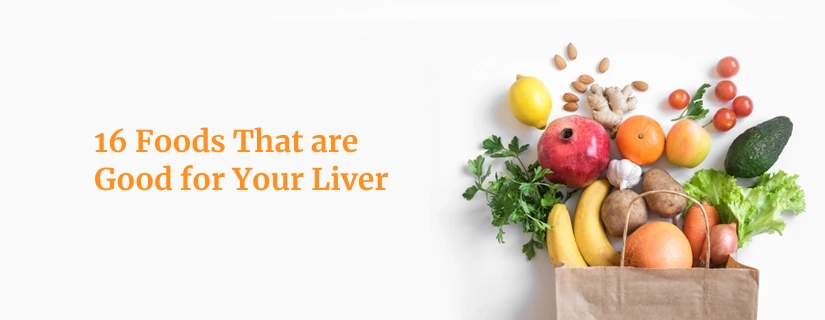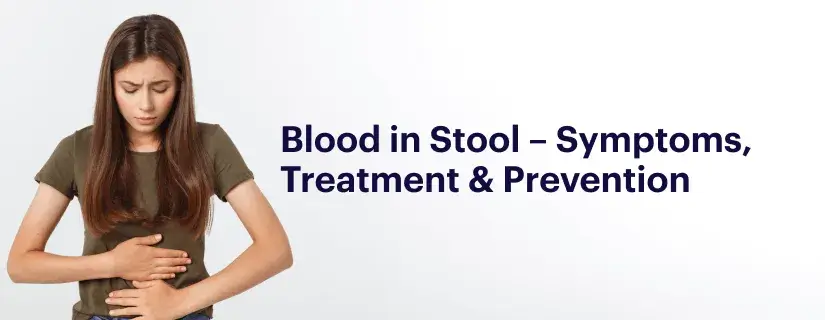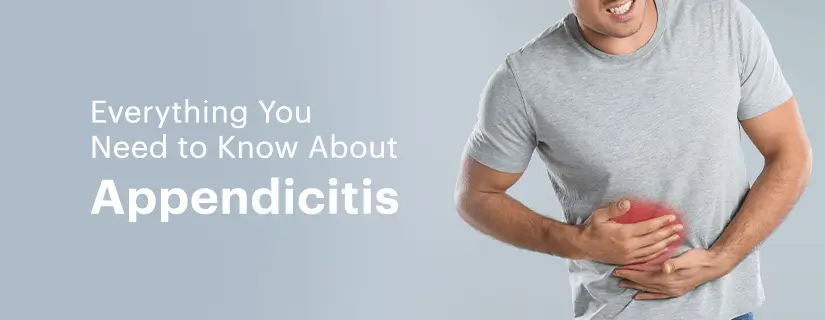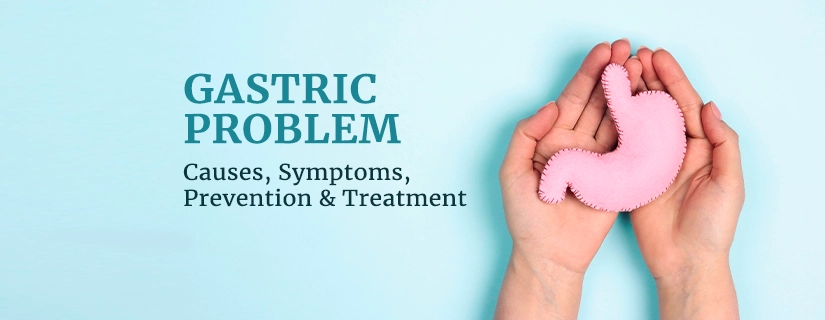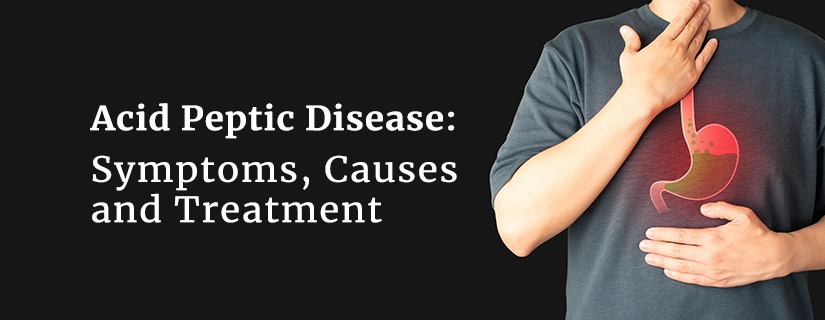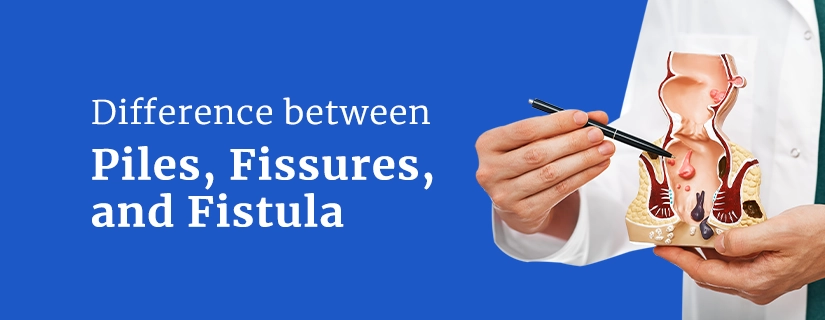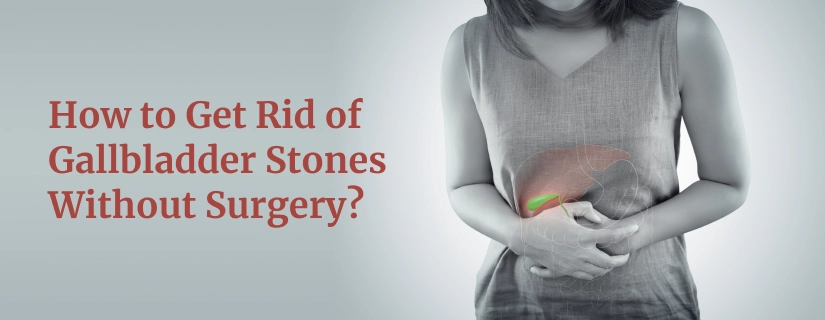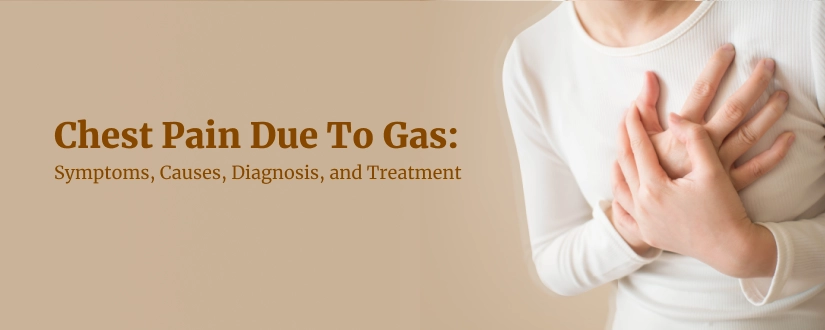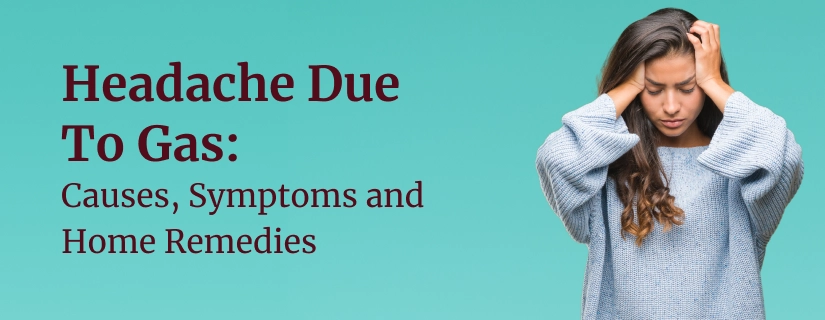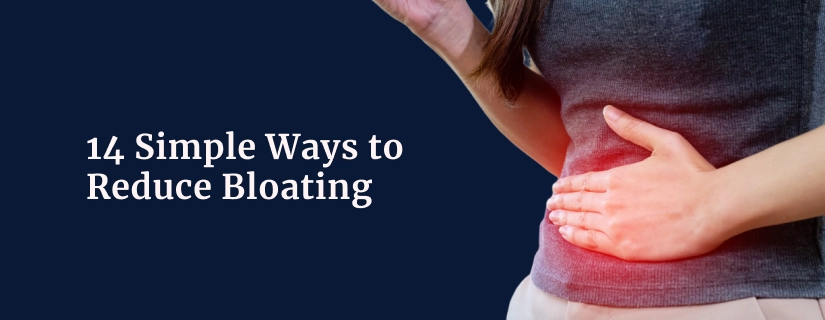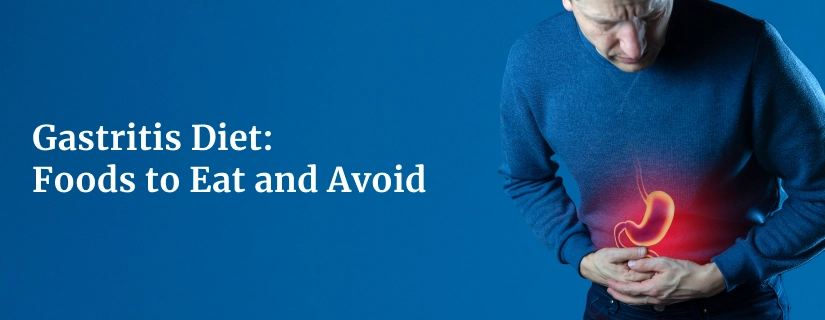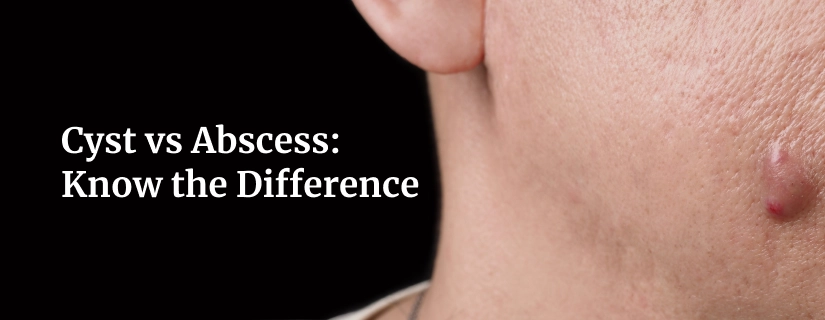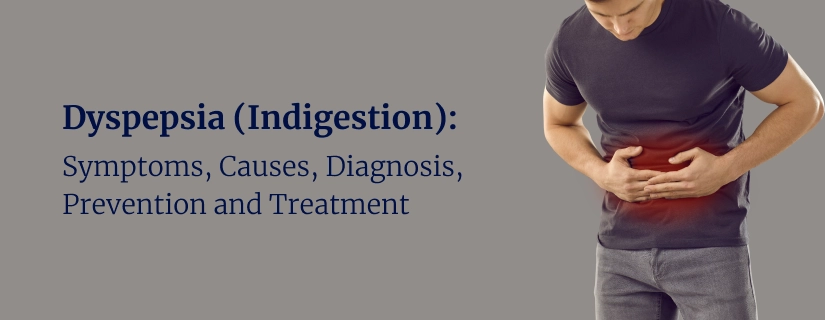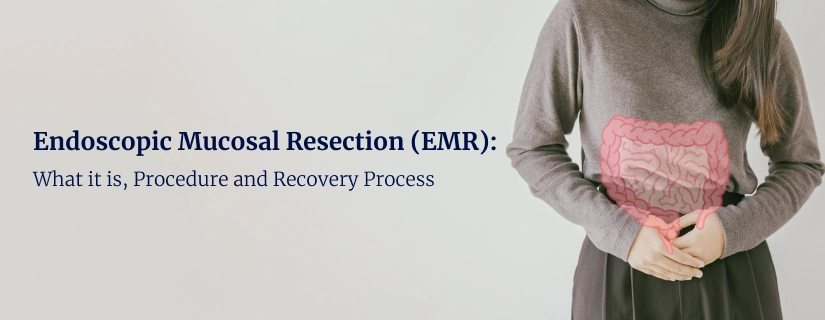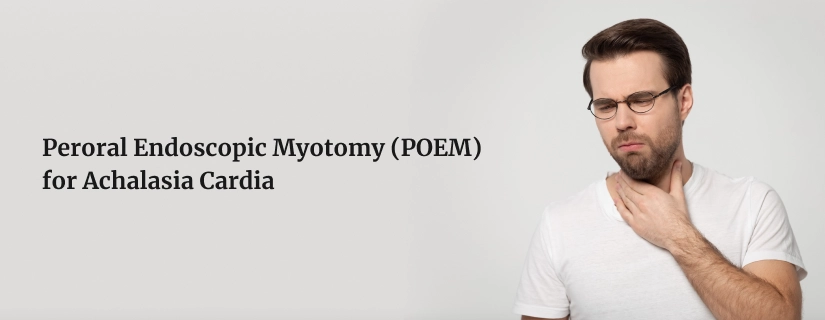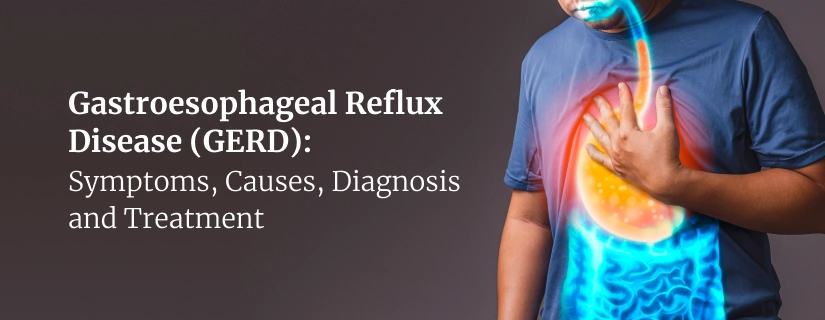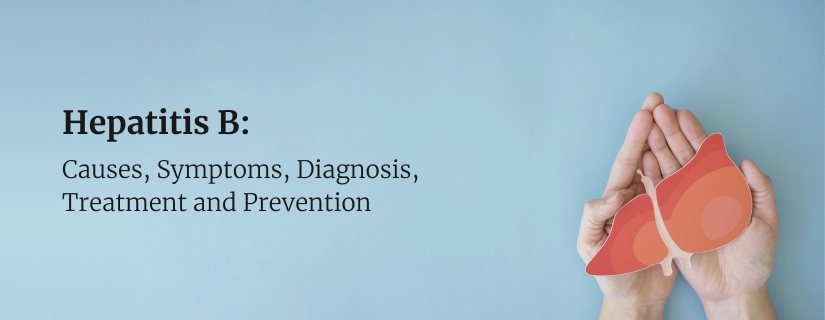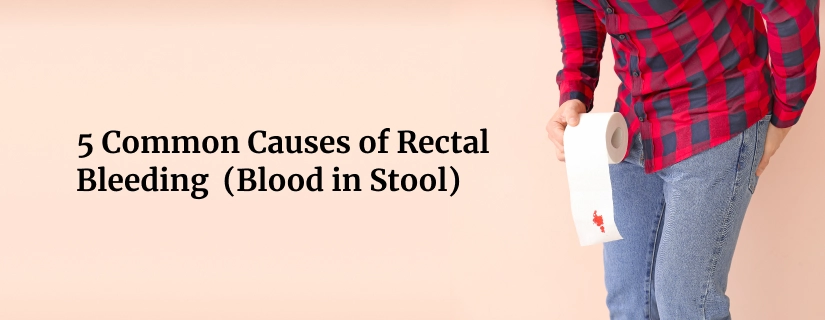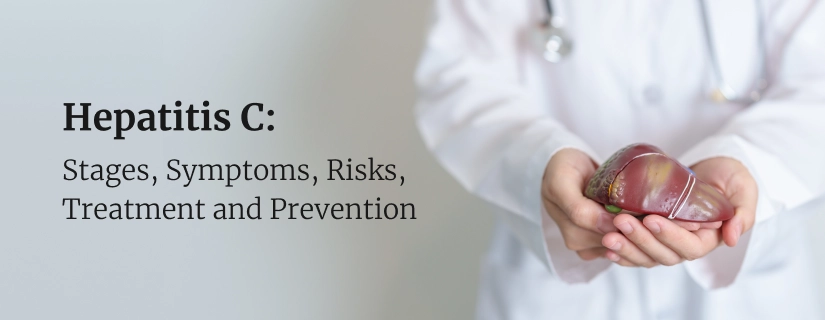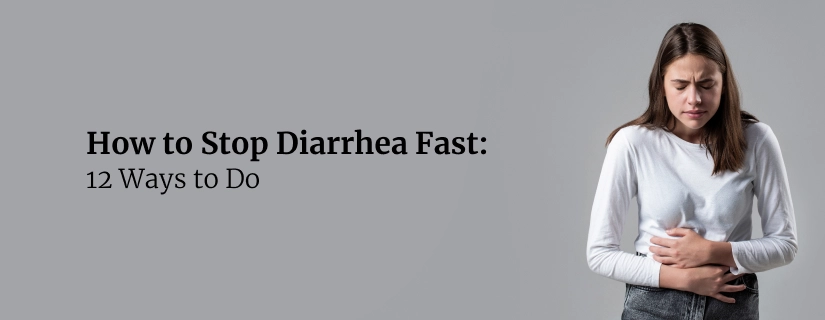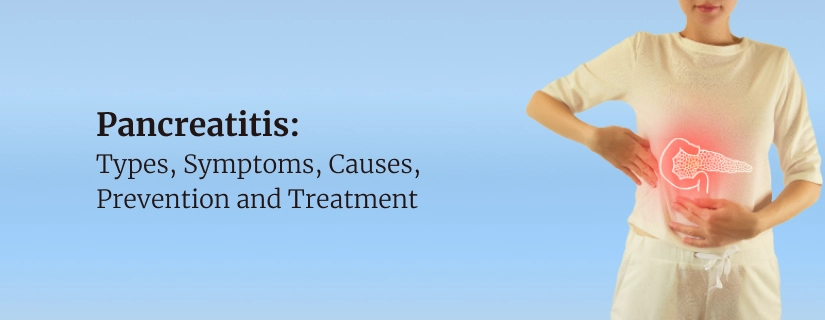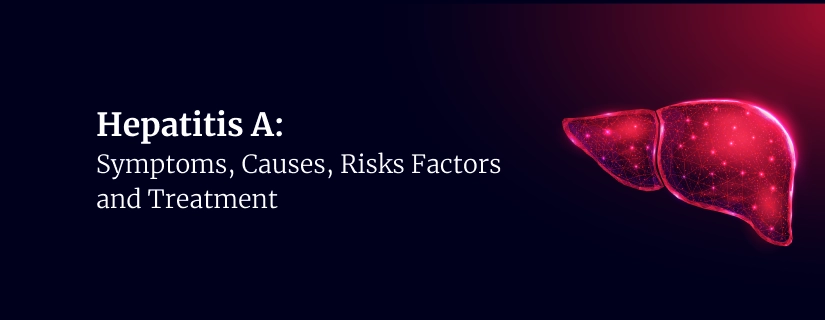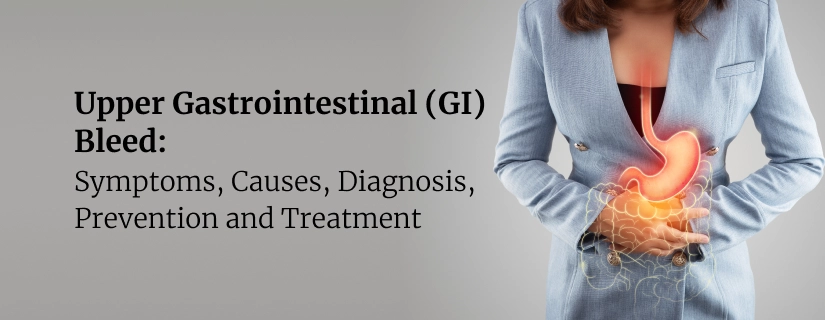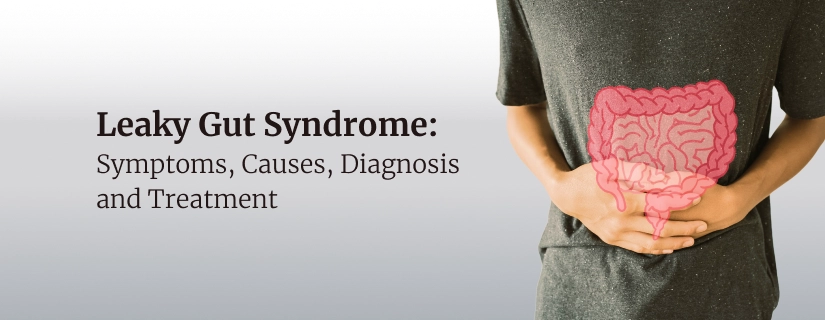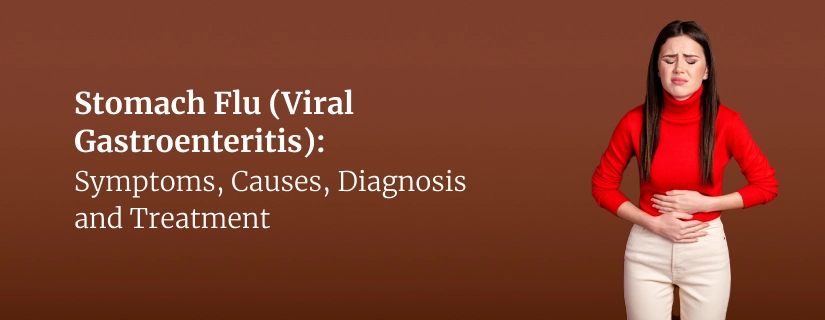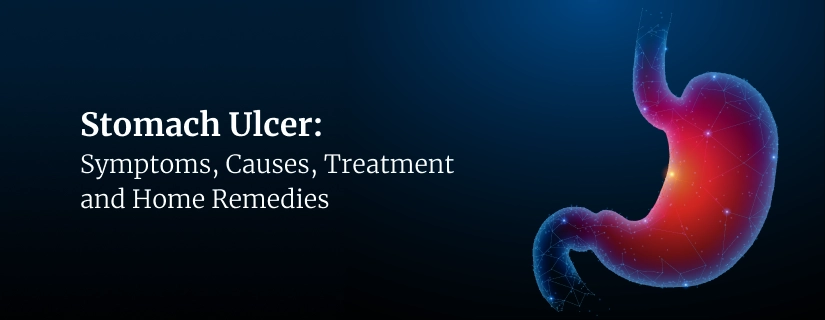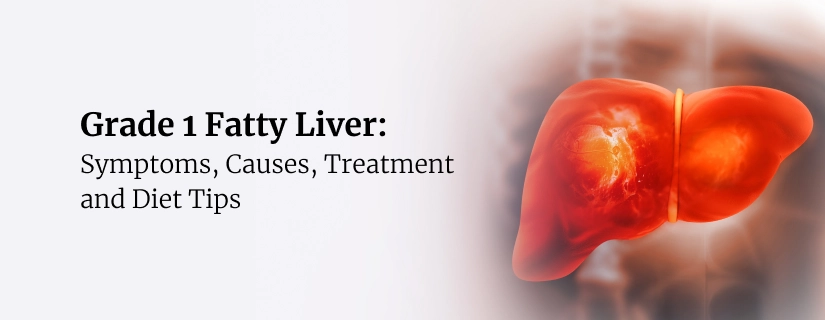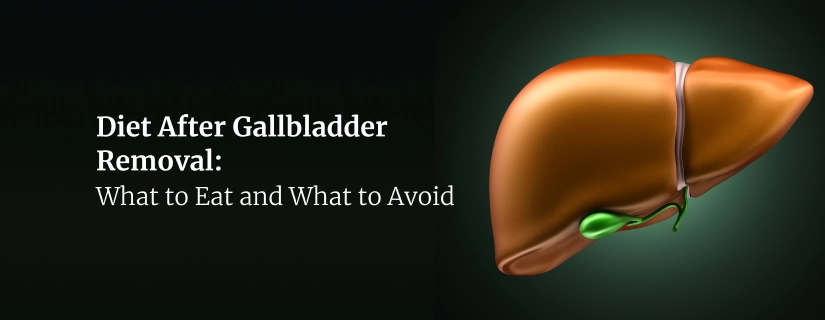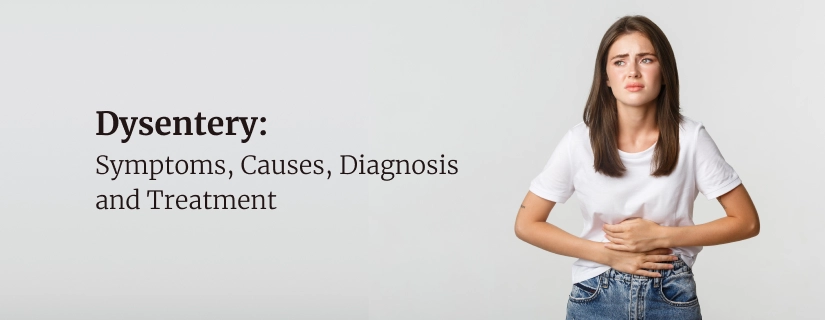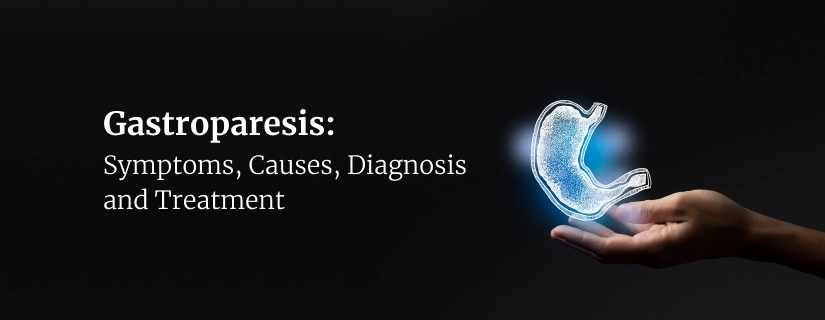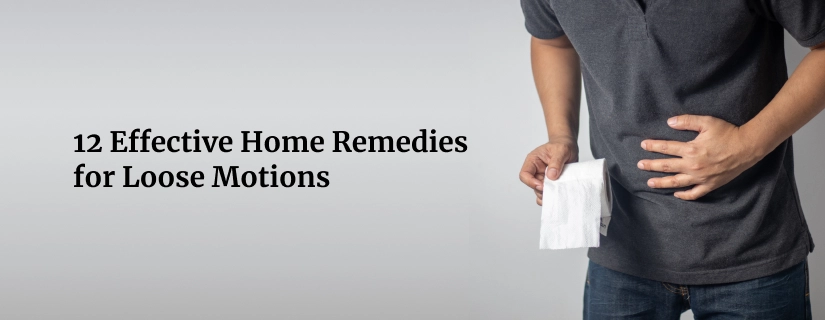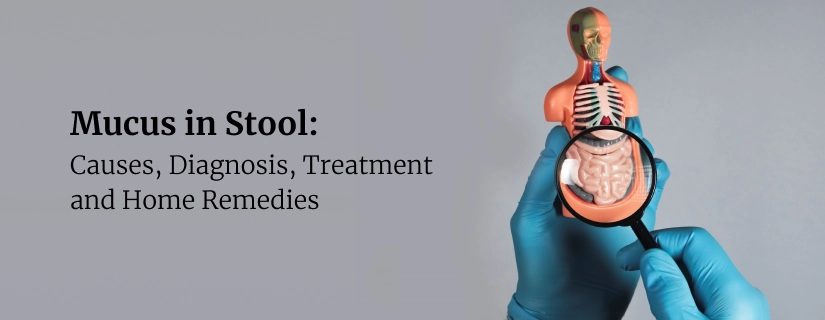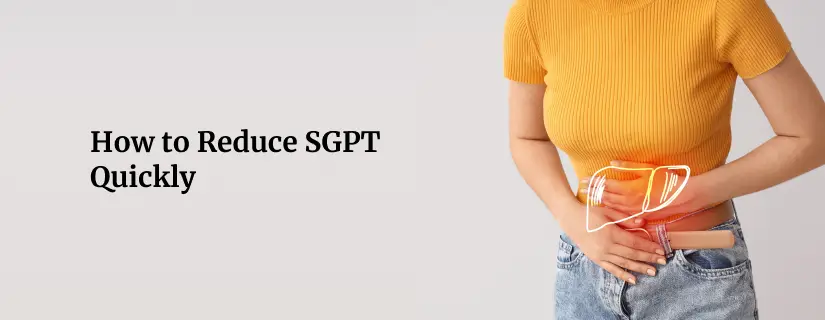-
Doctors
-
Specialities & Treatments
Centre of Excellence
Specialties
Treatments and Procedures
Hospitals & Directions HyderabadCARE Hospitals, Banjara Hills CARE Outpatient Centre, Banjara Hills CARE Hospitals, HITEC City CARE Hospitals, Nampally Gurunanak CARE Hospitals, Musheerabad CARE Hospitals Outpatient Centre, HITEC City CARE Hospitals, Malakpet
HyderabadCARE Hospitals, Banjara Hills CARE Outpatient Centre, Banjara Hills CARE Hospitals, HITEC City CARE Hospitals, Nampally Gurunanak CARE Hospitals, Musheerabad CARE Hospitals Outpatient Centre, HITEC City CARE Hospitals, Malakpet Raipur
Raipur
 Bhubaneswar
Bhubaneswar Visakhapatnam
Visakhapatnam
 Nagpur
Nagpur
 Indore
Indore
 Chh. Sambhajinagar
Chh. SambhajinagarClinics & Medical Centers
Book an AppointmentContact Us
Online Lab Reports
Book an Appointment
Consult Super-Specialist Doctors at CARE Hospitals
Peptic Ulcer Disease: Causes, Treatment and How To Prevent
Updated on 30 January 2024
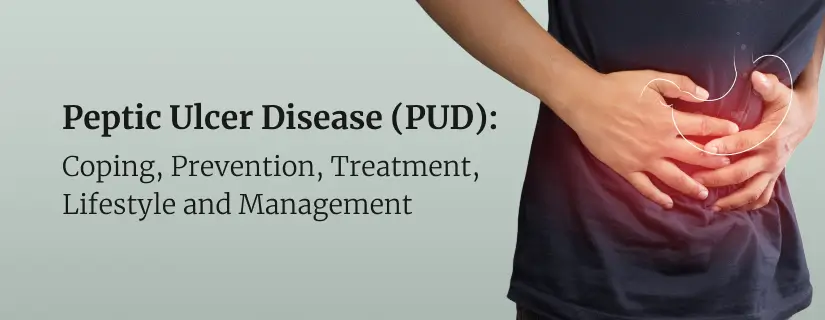
In PUD or Peptic Ulcer Disease, you get painful sore spots in your stomach or small intestine. Usually, if treated rightly, peptic ulcers can be cured. Let’s know more about PUD, its causes, how to cope with it, and signs to watch out for.
What is a Peptic Ulcer?
A peptic ulcer is a sore spot that appears when the lining in your stomach or duodenum. This lets stomach juices touch sensitive skin underneath, which causes pain and irritation. "Peptic" involves pepsin, a digestion helper that breaks proteins in food into smaller pieces.
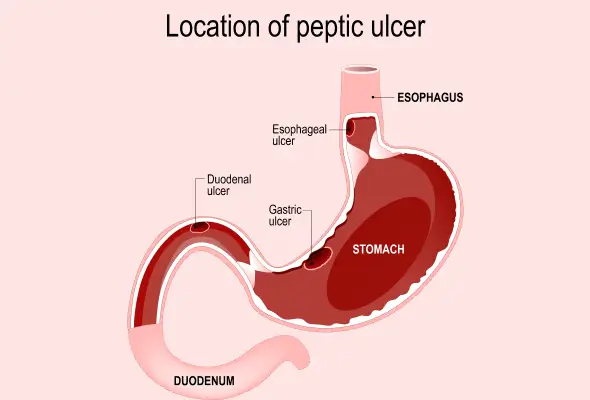
Peptic Ulcer Locations
Peptic ulcers can happen all over the digestive system, including:
- Stomach (gastric ulcers) – usually on the lesser curvature of the stomach
- Duodenum (first part of the small intestine) – (duodenal ulcers): typically within a few centimetres of the duodenum
- The lower end of the oesophagus (oesophagal ulcers)
- Peptic ulcers can also occur just beyond the duodenum or even in the jejunum of the small intestine.
When to See a Doctor?
Consult a doctor immediately if you experience any warning signs like:
- Severe or persistent ulcer symptoms
- Black or bloody vomit
- Black, tarry bowel movements
- Difficulty swallowing food
- Unexplained weight loss
Prevention
Preventive options to lower ulcer recurrence risk include:
- H. Pylori Eradication Therapy
- Clearing infection prevents most ulcers, especially in high-risk groups
- Confirm infection eradication with urea breath testing
- Avoiding Triggers
- Quit or limit alcohol and tobacco use
- Have NSAID use evaluated by a physician
- Stress Management
- Practise relaxation techniques like meditation, music therapy, Tai Chi
- Regular Health Screenings
- Testing for H. Pylori reinfection or other causes
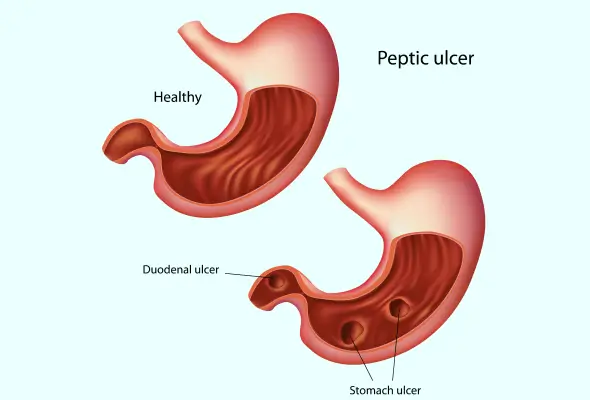
Treatment & Management
Treatment strategies focus on clearing H. pylori infection if present, facilitating ulcer healing, and managing painful symptoms. They include:
1. Antibiotic Therapy
- The potent combination of 2 or more antibiotics for two weeks
- It may also include acid-reducing or bismuth-containing medications
- High H. pylori cure rates
2. Acid Suppression Medicines
- Proton pump inhibitors - Omeprazole, esomeprazole, pantoprazole
- Histamine (H2) blockers – Famotidine, ranitidine
- Antacids
3. Ulcer Protective Agents
- Help treat ulcers and relieve pain
- Examples: Sucralfate, bismuth subsalicylate
4. Stopping NSAIDs
- Switch to alternative pain medications like acetaminophen under medical guidance
- If NSAIDs are absolutely necessary, take the lowest effective dose with food and antacids
5. Surgery
- Very few cases where bleeding ulcers are unresponsive to endoscopic treatment
- Highly effective vagotomy surgery available
In addition, lifestyle measures like stopping smoking, reducing alcohol, stress reduction techniques and eating smaller meals more frequently also support quicker recovery.
Coping With Peptic Ulcer Disease
Peptic ulcer disease can be uncomfortable and disruptive. While medication prescribed by your doctor is crucial, making lifestyle changes can also help manage your symptoms. This allows you to live your life more comfortably while your ulcer heals.
- Reduce Stress
- Stress can be pivotal in causing peptic ulcer disease. Learning to manage stress is key.
- Try mind-body exercises like meditation, deep breathing, yoga, tai chi, and massage. These can help relax both the mind and body.
- Consider working with a therapist if you need help developing healthy coping mechanisms. (Online options like Talkspace or BetterHelp make this convenient).
- Exercise boosts endorphins, your body's natural stress reducers. Go for a walk, take a yoga class, or join a tai chi group.
- Make time for relaxing activities like reading, hobbies, music, and warm baths. Connecting with loved ones can also lower stress.
- Adjust Your Eating Habits
- Eat small and frequent meals rather than three large ones. This prevents excess fullness and reduces pressure on your stomach.
- Avoid trigger foods that irritate your ulcer, like spicy, fatty, or acidic foods. Keep a food diary to precisely identify problem foods.
- Don't eat for two hours before bedtime. Lying down right after eating can cause reflux. Sleep propped up if you nap after eating.
- Limit or avoid alcohol and smoking. Both stimulate acid production, which can aggravate an ulcer.
- Socialising Tips
- Stick to your healthy diet when possible when out socializing. Avoid overindulging in problem foods and alcohol.
- Take antacids before going out to help prevent symptoms. Carry antacids with you, just in case.
- Wear loose, stretchy clothing if you tend to get bloated. This prevents discomfort from tight waistbands.
- Listen to your body. Leave early from work if you start feeling unwell. Don't overdo it.
- Offer to host or suggest gatherings at places that accommodate your diet. A museum, movie, or park can work.
- If asked why you aren't drinking alcohol or eating certain dishes, politely share you have a medical dietary restriction. No further details are needed.
- Try bringing your own food to events. Offer to contribute a dish you know you can eat.
With some preparation and planning, you can still participate in social activities while coping with peptic ulcer disease. Relaxation techniques, diet adjustments, and smart strategies can help you manage discomfort. Maintain open communication with your healthcare provider as well. Together, you can find the right treatment approach to allow you to manage your symptoms better and improve your quality of life.
Prognosis
With accurate diagnosis and compliant treatment focused on the specific cause, ulcers generally heal well, and most patients can achieve complete long-term remission. Recurrence risk is higher with H. pylori reinfection, habitual alcohol intake, smoking, advancing age and ongoing NSAID therapy. Rarely, ulcer complications like perforation may require hospitalization or intensive care.
By following your doctor’s advice and making appropriate lifestyle changes, you can manage the symptoms effectively until the ulcers have completely healed. Pay attention to any worsening or recurrent symptoms and consult your doctor promptly for reevaluation.
FAQs
1. What causes peptic ulcer disease?
PUD is caused by:
- Bacterial infection with Helicobacter pylori (H. pylori) and
- Frequent use of non-steroidal anti-inflammatory drugs for pain relief(NSAIDs)
In addition to severe infections, other less common causes are high-stress levels, certain medications like NSAIDS, stomach surgery, and tumours in your gastrointestinal tract.
2. Do peptic ulcers go away?
Yes, most ulcers go away completely with proper antibiotic treatment for H. pylori infection and/or stopping NSAID use under medical supervision. It may take several weeks or months for ulcers to heal after starting treatment.
3. What symptoms does an ulcer show?
Symptoms of ulcers that are common include upper abdominal pain that is burning, can be mild to severe, bloating, nausea, vomiting, loss of appetite, heartburn and dark stool. The pain usually happens when the stomach is empty temporarily, and it’s relieved by food.
4. How to treat an ulcer?
Doctors treat ulcers with medications including:
- Antibiotics to eliminate H. pylori infection
- Proton pump inhibitors to reduce stomach acid
- Protective drugs to coat ulcers so they can heal
Lifestyle changes like quitting smoking and alcohol avoidance also support healing. Most ulcers heal completely within a few weeks of treatment.
To Book an Appointment, call:
ENQUIRY FORM
SELECT CATEGORIES
-
Neurosciences (16)
-
Neurology (37)
-
Neurosurgery (14)
-
Orthopaedics (48)
-
Oncology (33)
-
Obstetrics and gynecology (52)
-
Pulmonology (23)
-
Urology (20)
-
Nephrology (13)
-
Psychiatry (7)
-
Dietetics and Nutrition (111)
-
General Medicine (63)
-
Cardiac Sciences (32)
-
Vascular & Endovascular Surgery and Interventional Radiology (15)
-
Gastroenterology (46)
-
Endocrinology (23)
-
Plastic Surgery (10)
-
Critical Care Medicine (5)
-
COVID-19 (16)
-
Dermatology (16)
-
Emergency Care (1)
-
Ophthalmology (4)
-
Pediatrics (14)
-
Laparoscopic and Bariatric Surgery (8)
-
ENT (15)
-
Kidney Transplant (1)
-
Liver Transplantation and Hepatobiliary Surgery (5)
-
General Surgery (3)
-
Internal Medicine (5)
-
Medicine Information
Endoscopic Submucosal Dissection (ESD): What it is, Procedure, Side Effects and Recovery Process
Dysphagia: Causes, Symptoms and Treatment
YOU MAY ALSO LIKE
RECENT BLOGS
-

Preterm Birth (Premature Birth): Symptoms, Causes, Treatment and Prevention
13 May 2025
Read More
-

Rotablation Angioplasty: Benefits, Treatments, And Recovery Time
9 May 2025
Read More
-

What Is The Difference Between IUI and IVF?
9 May 2025
Read More
-

Venous Malformations: Causes, Symptoms, and Treatment
30 April 2025
Read More
-

Varicose Vein Foam Sclerotherapy: Treatment, Benefits, and Procedure
30 April 2025
Read More
-

Radiofrequency (RF) Ablation Treatment for Varicose Veins: Know More
30 April 2025
Read More
-

Varicose Vein Sclerotherapy: Treatment, Benefits, and Procedure
30 April 2025
Read More
-

Varicose Vein Endovenous Laser Ablation: Procedure, Benefits, Risks
30 April 2025
Read More
Have a Question?
If you cannot find answers to your queries, please fill out the enquiry form or call the number below. We will contact you shortly.








